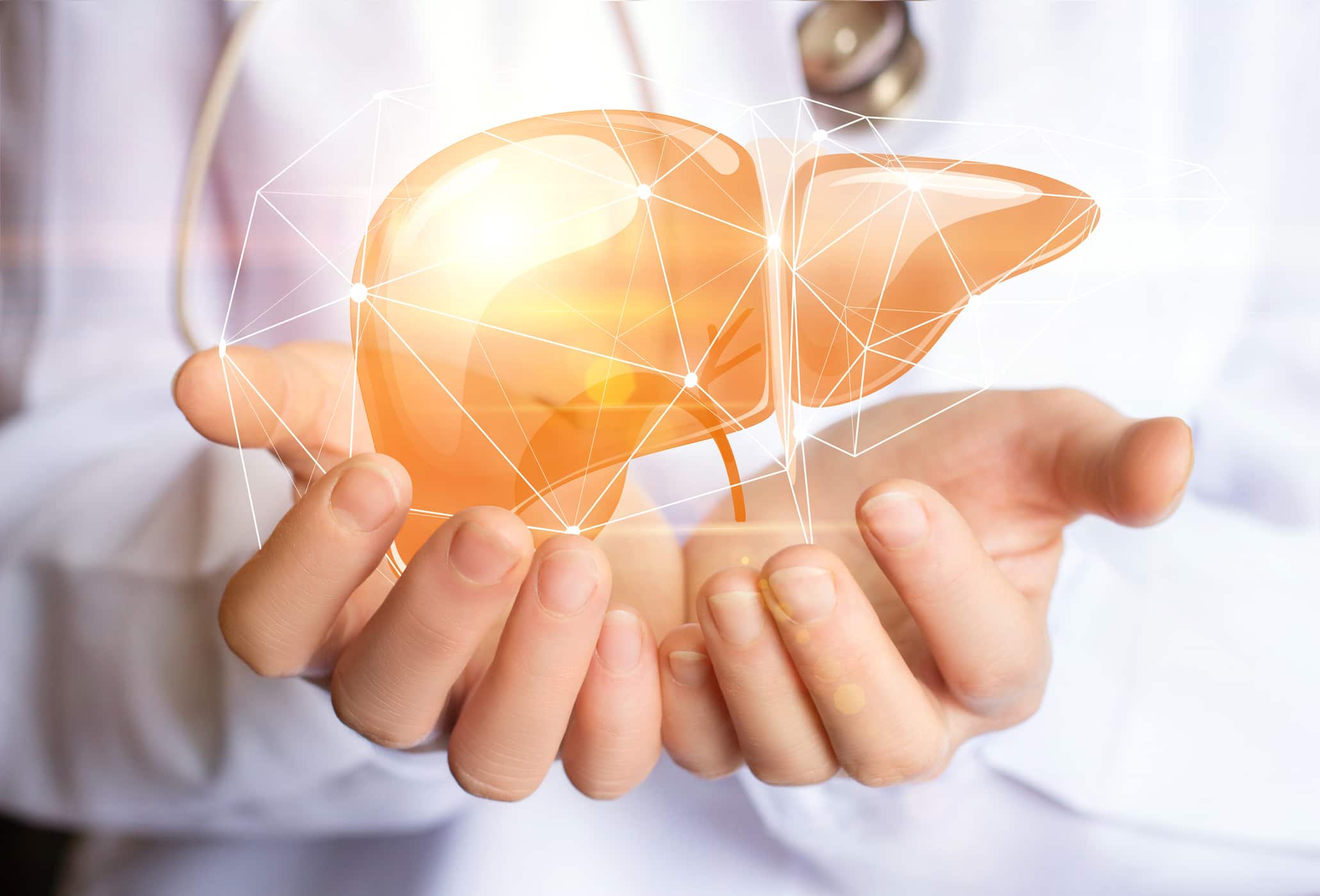Contents:
- Medical Video: Oralert 6 Oral Drug Test Video Instructions (Procedure)
- What are the characteristics of bulimia?
- Dental and oral health problems that suffer from bulimia nervosa sufferers
- 1. Dental caries
- 2. Teeth are yellow and brittle
- 3. Salivary glands swell
- 4. Thrush
- 5. Dry mouth
- 6. Pain
- How to handle it?
Medical Video: Oralert 6 Oral Drug Test Video Instructions (Procedure)
Bulimia nervosa is a form of eating aberration syndrome that is often experienced by young women. There are many reasons a person becomes bulimic, but the most is the lack of confidence in body shape. People who have bulimia nervosa syndrome usually have a habit of eating a large portion and then vomiting again.
What are the characteristics of bulimia?
Basically, bulimia is divided into two groups, namely:
Purging type, namely during the syndrome, the patient intentionally vomits his food again.
Nonpurging type, is a type of bulimia that does not vomit its food, but does heavy exercise or physical activity or does fasting, instead of the large meal he had done before.
The following are signs of people who experience bulimia nervosa syndrome:
- Too afraid of gaining weight
- Feeling unable to control eating behavior
- When eating, it cannot control your appetite, so you eat until you are very full and excessive
- Eat in very large portions
- Forcing yourself to do strenuous exercise or extreme fasting
- Vomiting food that has been eaten
- Using laxatives
- Regret the eating behavior previously done by limiting the calories of food to be eaten
- Use food supplements or medicines to lose weight
This eating behavior deviation causes various adverse effects on health such as dehydration, problems with heart function, digestive system disorders, depression, and excessive anxiety. Not only that, sufferers of bulimia nervosa will also experience problems with their oral health.
Dental and oral health problems that suffer from bulimia nervosa sufferers
The habit of vomiting food done by people with bulimia nervosa can cause serious damage to the teeth. The vomited liquid is actually poison because it consists of stomach acid which should function to break down food in the stomach so that food can be easily digested.However, in the mouth these acids are corrosive and cause the enamel layer to protect tooth enamel to be eroded. Brushing your teeth too hard after vomiting food can also cause tooth damage.
1. Dental caries
Dental caries is a condition of cavities caused by various things. If you often vomit your food, the acid in the liquid vomit causes the tooth enamel to erode. The more often this happens, the more teeth will be eroded and then perforated. Eating sweet foods can also cause dental caries.
2. Teeth are yellow and brittle
Because stomach acid is very corrosive, the longer the teeth affected by stomach acid will change the color and texture of the teeth. Teeth become more yellow and brittle. Even in people who have bulimia syndrome, the habit of vomiting food can change the shape and length of the teeth.
3. Salivary glands swell
Gastric acid also causes irritation and inflammation of the salivary glands. The salivary gland is on the side of the cheek to the right and left and serves to produce saliva which is used to digest food when it enters the mouth and helps food to be swallowed. Saliva also serves to protect the teeth from damage that may arise from the food that enters. So that, when the salivary glands swell and saliva is produced a little, then it will affect dental health as well.
4. Thrush
Just as the enamel can be eroded due to stomach acid that rises due to vomiting, the walls of the mouth also experience irritation. Finally the irritation that is caused becomes canker sores. The more often vomiting food, the canker sores that are produced will get worse.
5. Dry mouth
Reduced saliva makes your mouth drier than usual. A dry mouth causes a lot of bacteria to grow around the mouth because there is no saliva that cleanses it. In addition, lack of saliva can also lead to a decrease in the ability to feel a sense of food or drink.
6. Pain
Gum damage and swelling can also occur in people who experience bulimia nervosa. It can also cause sensitive nerves to the teeth and teeth. This damage results in pain when chewing and swallowing.
How to handle it?
This problem occurs due to the effects of acid reflux that rises, therefore to prevent the condition from getting worse the sufferers should do therapy and treatment to cure the bulimia nervosa syndrome they experience. Then, it is also important to maintain oral and dental hygiene by routinely brushing teeth and using mouthwash.
READ ALSO
- Tips on Managing Eating Habits to Prevent Gastritis
- 7 Unhealthy Eating Habits to Avoid
- 10 Best Foods for You who are Fast Hungry












